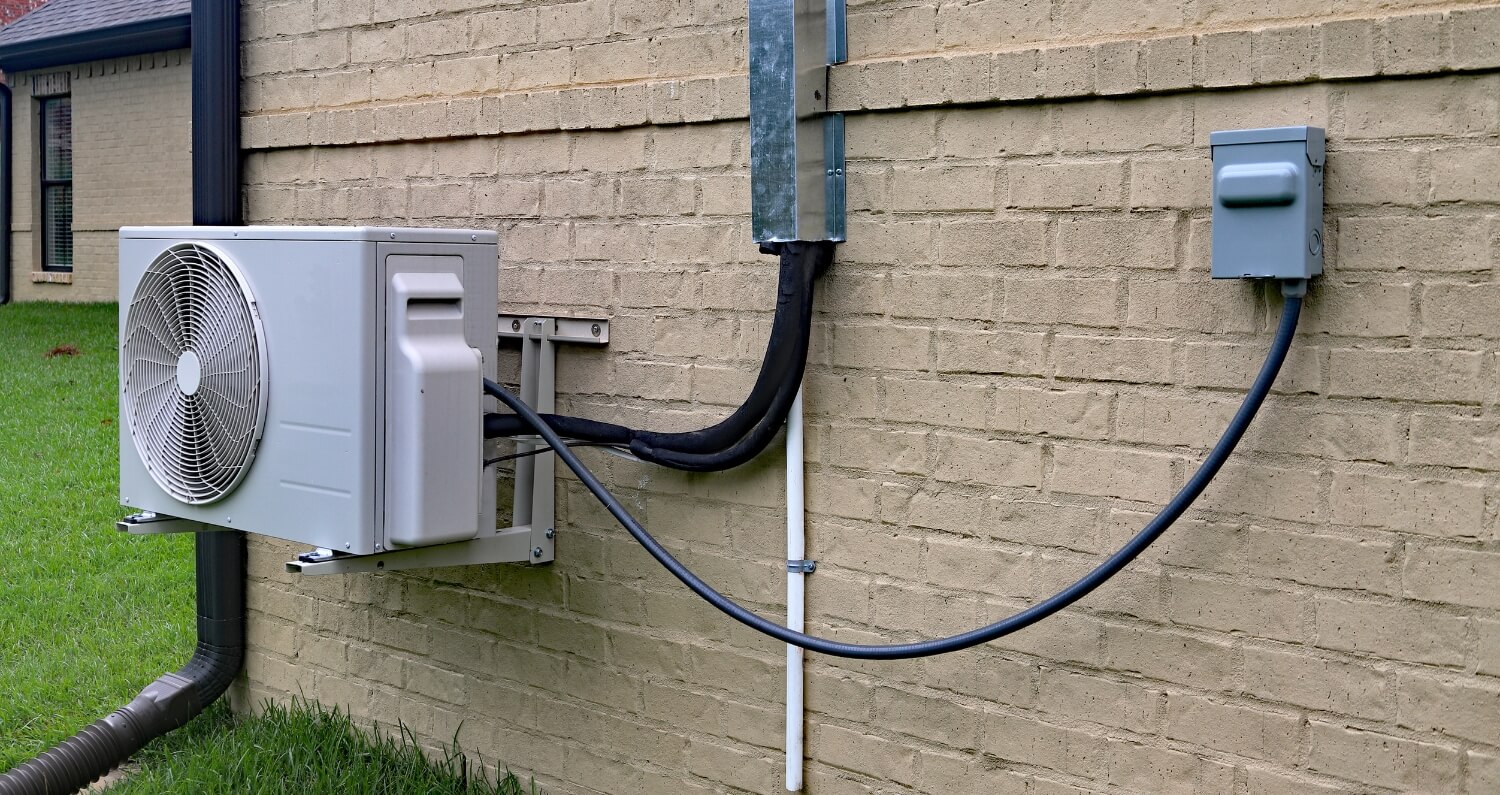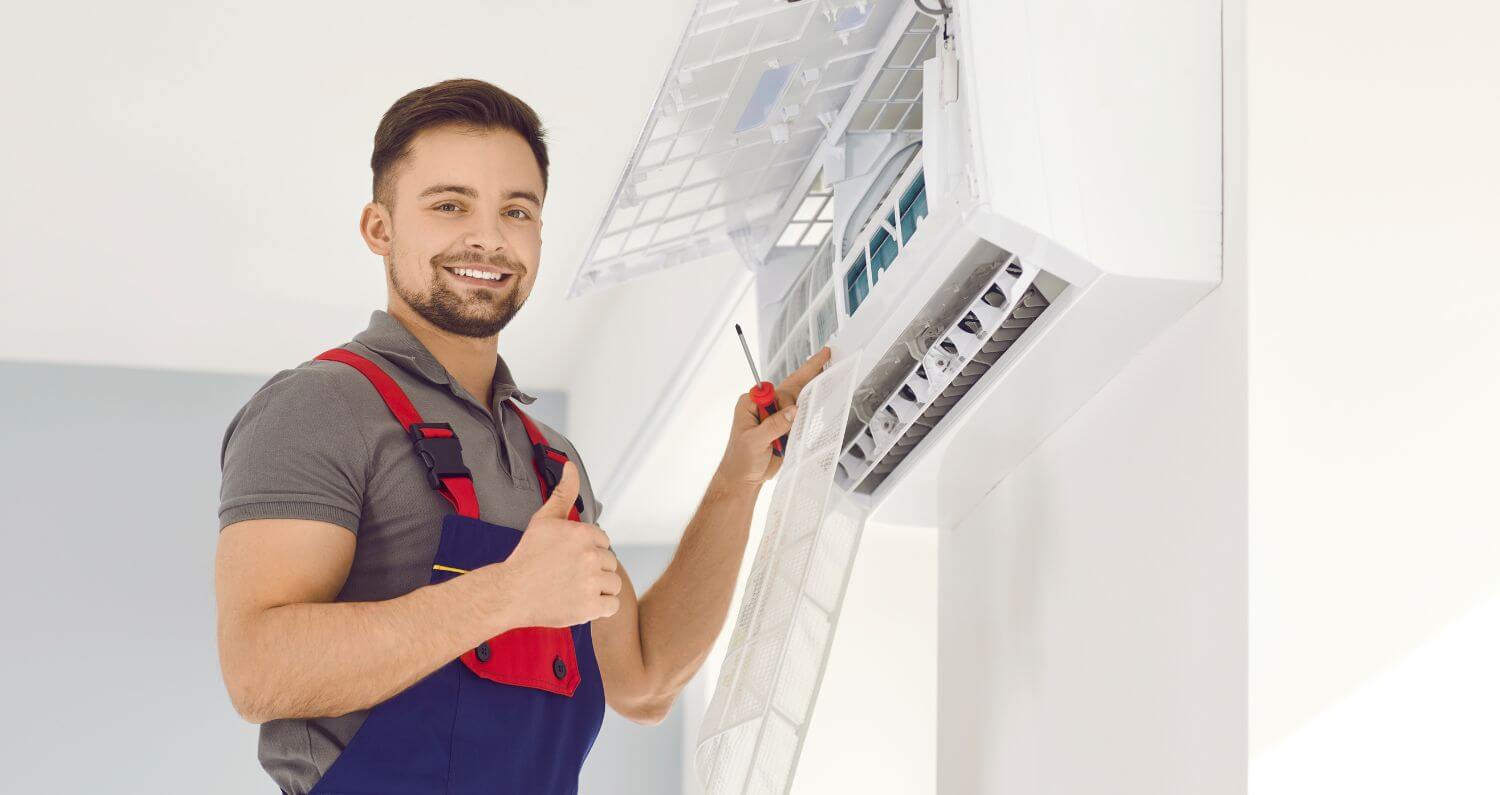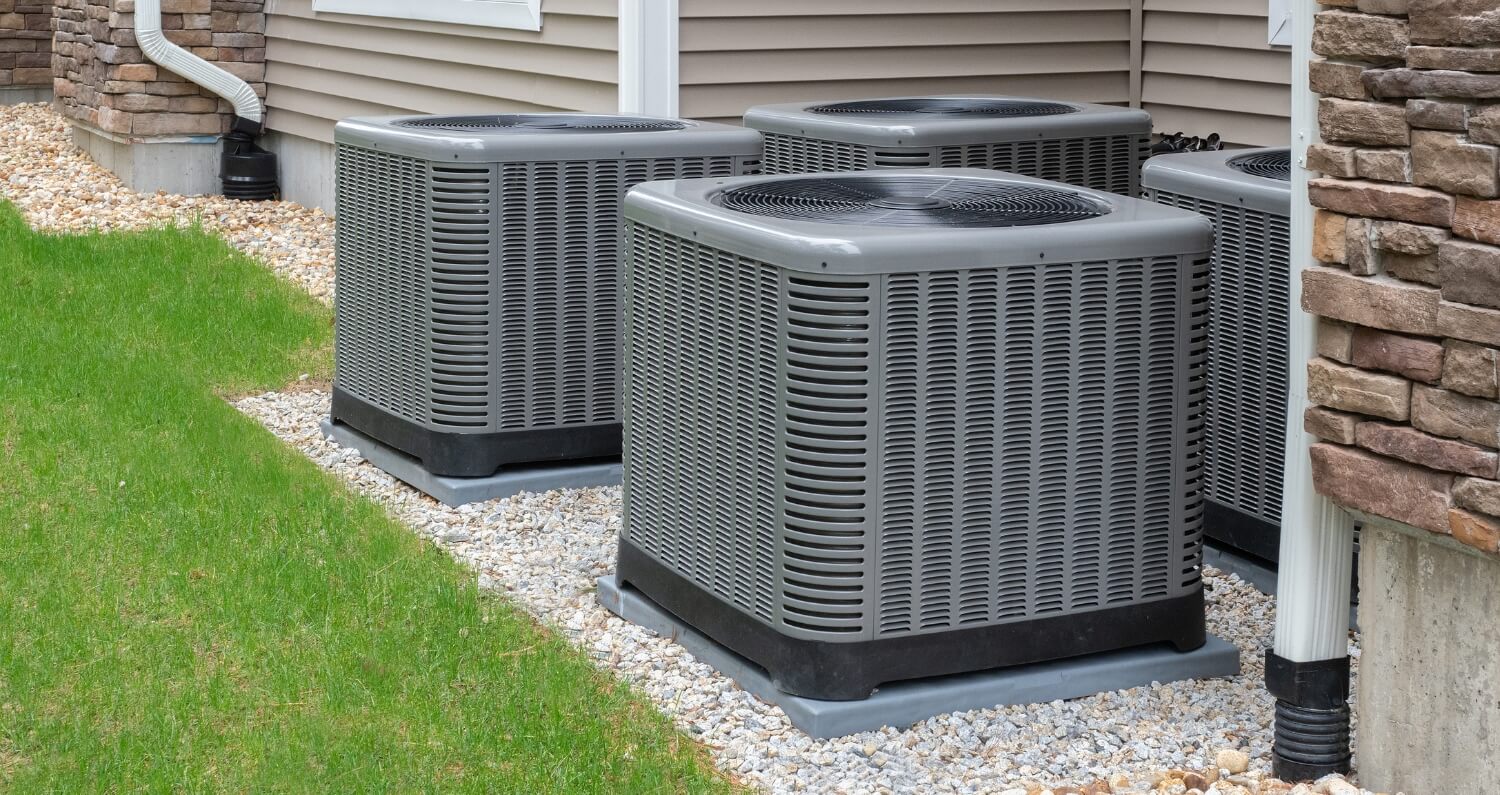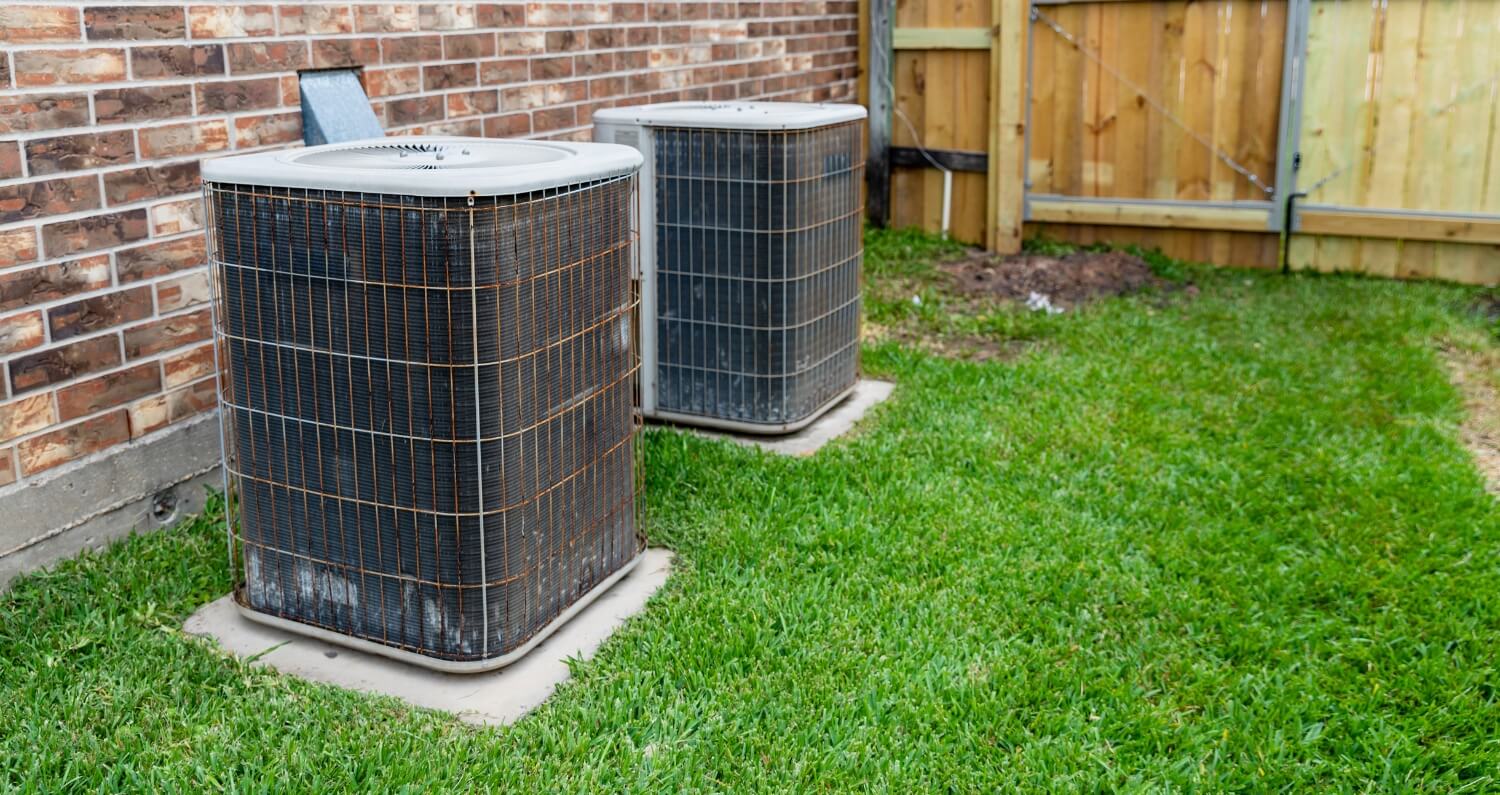The world is always changing, yet the need for climate control is constant. From our homes and offices to our sleep environment, we all need at least some control over how warm and cold our living spaces are each day.
Enter the heat pump.
Heat pumps aren’t new. In fact, the first heat pump was built in the mid-19th century. But, as with many things, heat pumps have had a 21st-century makeover. Ducted heat pumps have been replaced with more efficient, ductless alternatives, commonly referred to as “mini splits.”
Here are a few of the major advantages that come from using a ductless electric heat pump.
No Ducts!
Let’s start with the obvious. A ductless system doesn’t require ductwork. There’s nothing like shopping for an HVAC unit with the understanding that you’ll need to tear apart walls and floorboards from the top to the bottom of your residence just to get warmer air distributed throughout your home.
With a ductless unit, you don’t need any of this invasive ductwork. This removes a huge hassle (and cost) from the installation equation.
Easy to Scale
Mini split systems only require a tiny hole (just a few inches) in your exterior wall. This allows you to run a conduit with power cables and refrigerant tubing from your outside unit into your home. The conduit connects to “handlers” in different rooms to distribute the warm air.
You can connect as many as eight different handlers to a single outdoor unit. This makes it possible to easily scale your heating system if and when you need to at any time.
More Efficient
Ductless electric heat pumps are also very efficient units. As a result, they tend to have high SEER ratings. SEER (Seasonal Energy Efficiency Ratio) is a common way to judge the efficiency of an HVAC unit, with a low-end system coming in around 13 and a very high-end system pushing up into the 30s. It’s not uncommon for electric heat pumps to do the latter.
In addition, they can heat a home through zone climate control. You can program each handler individually and locate them for maximum efficiency throughout a living space.
High-Quality, Quieter Systems
When it comes to how long heat pumps last, units typically have a lifespan of at least 10 to 15 years. A high-quality, well-maintained unit can even reach the quarter-century mark.
Additionally, operating a ductless heat pump is a quiet affair. You don’t get the rattling ductwork or hear the entire house come alive whenever your unit fires up. Instead, each handler quietly and unobtrusively delivers warm air to their portion of your home.
Setting the Stage for the Future
At Paraco Gas, we know that alternative energy is the future — with a considerable emphasis on sustainable electricity. From solar and wind power to energy storage systems, the HVAC and utility worlds are adjusting to this new reality.
A ductless electric heat pump is a forward-thinking solution that will remain a viable, efficient, and sustainable way to heat your home. You can scale the system if you add on to your home. You can stay up to code as energy efficiency standards evolve. You can even attract buyers easier when it comes time to sell your home.
Heating With a Ductless Electric Heat Pump
Shifting to a ductless electric heat pump system may take a little getting used to. First, you must set the stage by choosing where to locate your handler units. Installation should be relatively easy from there, but it requires work from yourself or a trained technician.
Ongoing maintenance is essential, too, and you’ll want to connect with a good HVAC company like Paraco HVAC to keep your unit in tip-top shape over the years. You may also want to invest in accessories like a good heat pump cover if you live in a climate with a lot of snowfall.
While there is still some work to do, a ductless electric heat pump is well worth the investment. Every time you crank up the thermostat to shake off that chill, you can have peace of mind that you’re heating your home in an efficient, sustainable, and optimized manner.
continue reading
Related Posts
In the realm of home comfort, having a reliable HVAC
It’s never fun when your HVAC appliance fails. A broken





